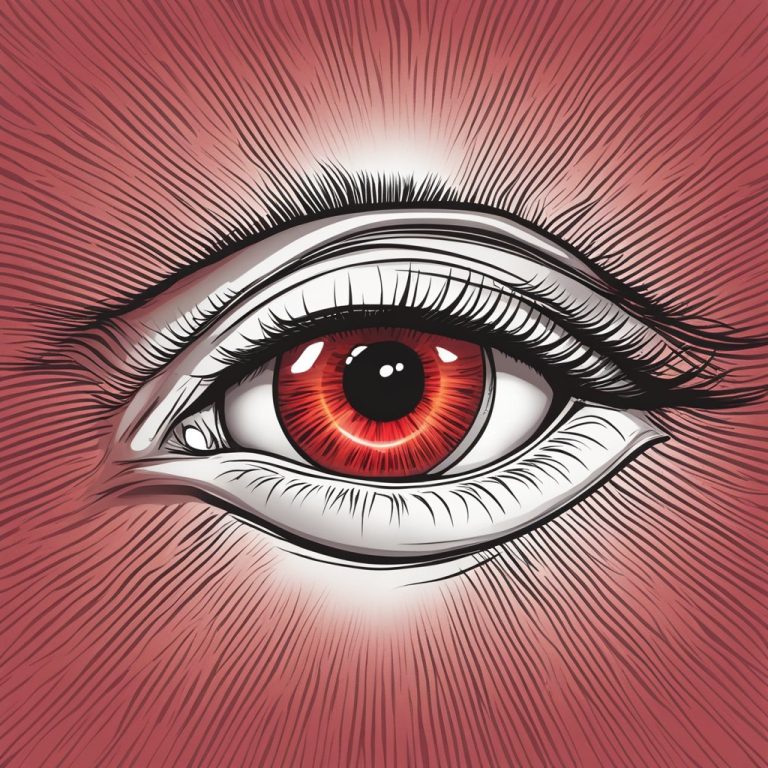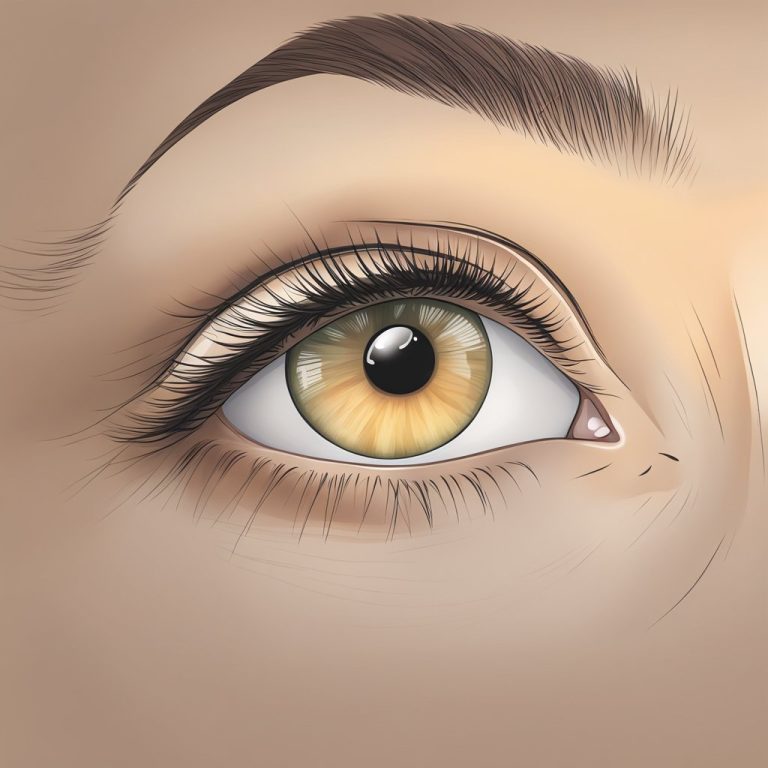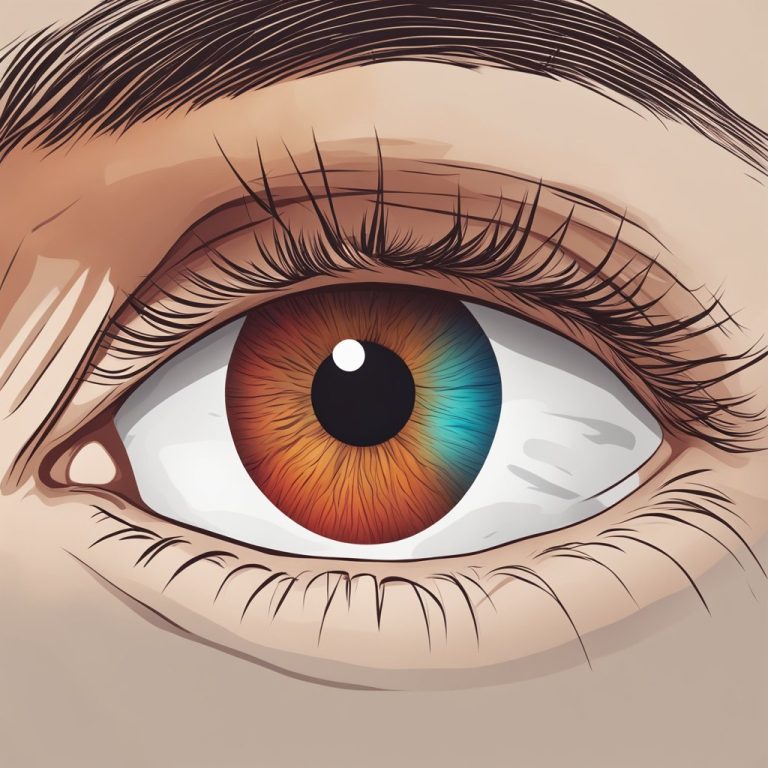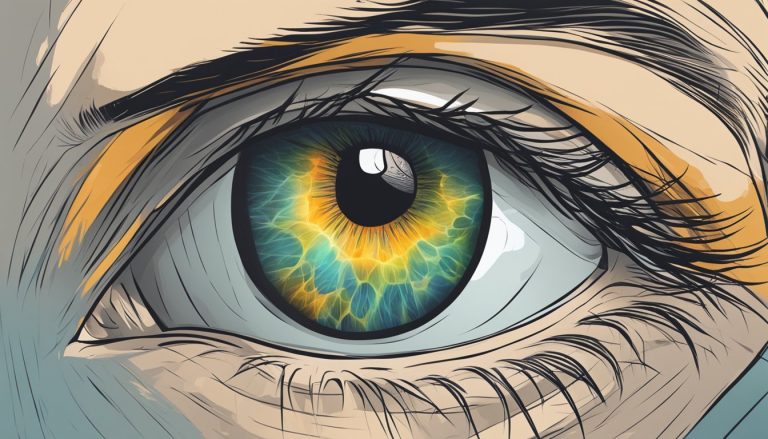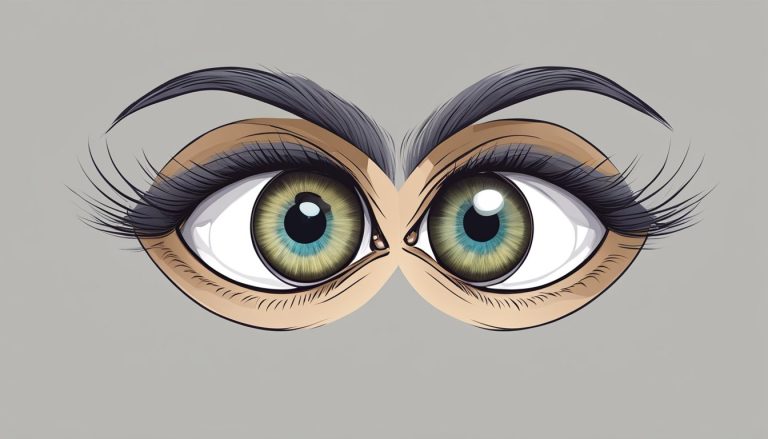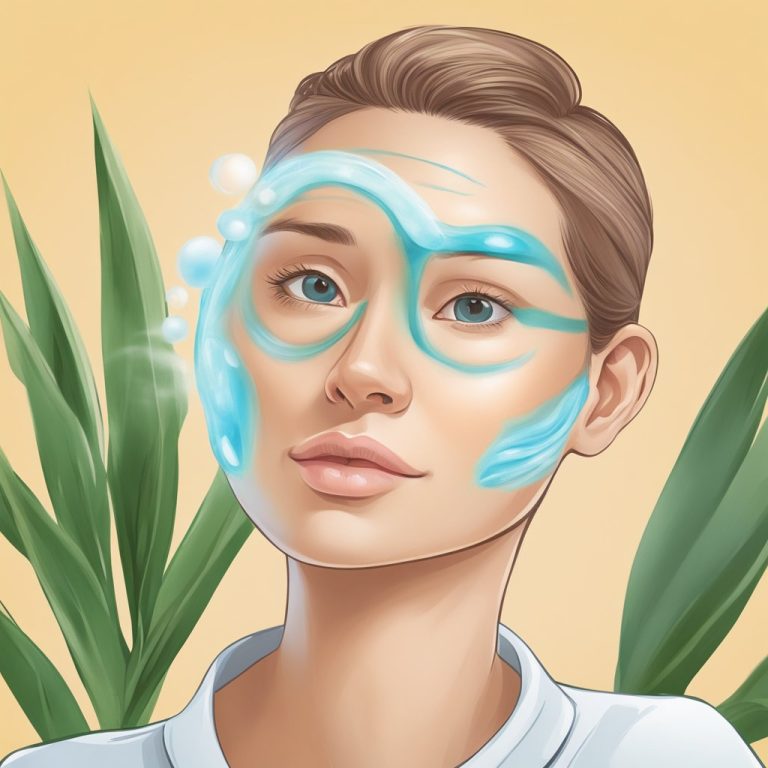Why Are My Eyes So Dry When I Wake Up
Why Are My Eyes So Dry When I Wake Up: Understanding the Causes and Solutions

If you often wake up with dry, itchy, and irritated eyes, you’re not alone. There are several reasons why you might experience dry eyes upon waking.
Sleep Environment Factors
Your sleeping environment can play a significant role in causing dry eyes.
Sleeping in an environment with low humidity levels can cause your eyes to dry out. Additionally, sleeping with a fan or air conditioning unit blowing directly on your face can exacerbate the problem. Dust, pet dander, and other allergens in your bedroom can also cause dry eyes.
Dehydration and Diet
Dehydration can cause dry eyes, so it’s essential to drink enough water throughout the day. A diet that lacks essential nutrients, such as omega-3 fatty acids, can also contribute to dry eyes.
Omega-3 fatty acids help keep your eyes healthy and lubricated, so make sure to include foods like salmon, tuna, and chia seeds in your diet.
Contact Lens Use
Wearing contact lenses can cause dry eyes, especially if you sleep with your contacts in.
Contact lenses reduce the amount of oxygen that reaches your eyes, which can cause dryness and irritation. Make sure to remove your contacts before going to bed and give your eyes a break by wearing glasses occasionally. You can also try using lubricating eye drops designed for contact lens wearers.
Symptoms and Diagnosis
Dry eye is a common condition that affects many people. It is characterized by a lack of moisture in the eyes, which can cause discomfort, irritation, and other symptoms. If you wake up with dry eyes, you may experience symptoms such as:
Recognizing Dry Eye Symptoms
- A gritty or sandy feeling in your eyes
- Burning or stinging sensations in your eyes
- Redness or inflammation in your eyes
- Blurred vision or difficulty focusing
- Sensitivity to light
- Excessive tearing
- Eye fatigue or discomfort after reading, watching TV, or using a computer
If you experience any of these symptoms, it is important to seek medical attention. While dry eyes are usually not serious, they can be a sign of an underlying medical condition that requires treatment.
Professional Diagnosis Methods
To diagnose dry eye, your eye doctor will perform a comprehensive eye exam, which may include:
- A visual acuity test to check your vision
- A slit-lamp exam to examine the front of your eye
- A tear film evaluation to measure the quality and quantity of your tears
- A Schirmer’s test to measure the amount of tears your eyes produce
- A corneal staining test to check for damage to your cornea
Based on the results of these tests, your eye doctor will be able to determine the underlying cause of your dry eyes and recommend an appropriate treatment plan. In some cases, you may be referred to a specialist for further evaluation and treatment.
Treatment Options
If you’re waking up with dry eyes, there are several treatment options available to help alleviate your symptoms. Treatment options include over-the-counter solutions, prescription medications, and lifestyle and home remedies.
Over-the-Counter Solutions
Over-the-counter solutions can be a good first step in treating dry eyes.
Artificial tears can help lubricate your eyes and alleviate dryness. You can find these drops at most drugstores. Look for drops that are preservative-free if you plan to use them frequently.
It is important to note that some eye drops may cause irritation or redness. If you experience any discomfort, stop using the drops and contact your eye doctor.
Prescription Medications
For more severe cases of dry eyes, your eye doctor may prescribe medications to reduce inflammation and promote tear production.
Restasis is a prescription medication that can help increase tear production. It is important to note that Restasis may take several weeks to start working effectively. Other prescription medications may include steroid eye drops or ointments.
Lifestyle and Home Remedies
In addition to medications, there are several lifestyle and home remedies that can help alleviate dry eyes. These remedies include:
- Using a humidifier to add moisture to the air
- Cleaning your eyelids with a warm compress to remove any debris or oil buildup
- Avoiding smoke and other irritants
- Taking frequent breaks from staring at screens
- Wearing wraparound glasses or sunglasses to protect your eyes from wind and dust
It is important to note that if your dry eyes persist or worsen, you should contact your eye doctor. They can help determine the underlying cause of your dry eyes and develop a treatment plan that is best for you.
Prevention Strategies
Dry eyes in the morning can be prevented by taking a few simple steps. Here are some effective prevention strategies that you can follow:
Bedroom Humidity Levels
The humidity level in your bedroom can play a significant role in causing dry eyes.
If the air in your bedroom is too dry, it can cause your eyes to become dry and irritated. To prevent this, you can use a humidifier to increase the humidity level in your bedroom. A humidity level of around 50% is ideal for preventing dry eyes.
Hydration and Nutrition
Dehydration can also cause dry eyes, so make sure you drink plenty of water throughout the day to stay hydrated.
Additionally, a healthy diet rich in omega-3 fatty acids can help prevent dry eyes. Foods such as salmon, tuna, flaxseed, and walnuts are excellent sources of omega-3 fatty acids.
Proper Eye Care Before Sleep
Proper eye care before sleep can also help prevent dry eyes in the morning. Here are some tips:
- Remove contact lenses before sleeping
- Wash your face and eyelids with a gentle cleanser
- Apply a warm compress to your eyes for a few minutes
- Use lubricating eye drops or ointments before sleeping
Frequently Asked Questions
What are the causes of dry eyes upon waking?
Dry eyes upon waking can be caused by a number of factors, including inadequate sleep, allergies, aging, contact lens wear, certain medications, and medical conditions such as Sjogren’s syndrome. Additionally, nocturnal lagophthalmos, a condition where the eyelids do not fully close during sleep, can cause dryness in the eyes upon waking.
What remedies can alleviate morning eye dryness?
There are several remedies that can alleviate morning eye dryness.
One effective method is to use a warm compress on the eyes for a few minutes before getting out of bed. This can help to stimulate tear production and reduce inflammation. Additionally, using lubricating eye drops or ointments before bed can help to keep the eyes moist throughout the night.
How can one prevent dry eyes during sleep?
To prevent dry eyes during sleep, it is important to maintain good sleep hygiene.
This includes getting enough sleep, avoiding screen time before bed, and sleeping in a cool, humidified room. Additionally, using a sleep mask can help to prevent nocturnal lagophthalmos and keep the eyes moist throughout the night.
What are the symptoms indicating dry eyes in the morning?
The symptoms of dry eyes in the morning can include redness, itchiness, burning or stinging sensations, blurred vision, and an overall feeling of discomfort. Additionally, you may notice that your eyes feel gritty or as if there is something in them.
Which eye drops are recommended for morning dry eye relief?
There are many different types of eye drops that can be used to relieve morning dry eye symptoms.
Some popular options include artificial tears, which help to lubricate the eyes, and eye drops that contain hyaluronic acid, which can help to increase moisture retention in the eyes. However, it is important to consult with your eye doctor to determine which type of eye drops are best for your specific needs.
Can dehydration contribute to dry eyes when waking up?
Yes, dehydration can contribute to dry eyes when waking up. The body produces fewer tears when dehydrated. This can lead to dryness and discomfort in the eyes. To prevent dehydration, it is important to drink plenty of fluids throughout the day, especially water.

